Today's post makes reference to a recent discovery that some of our readers may find triggering and deeply upsetting. Out of respect to both our young audience and the communities whom this event affected most directly, we have attempted to use great care in how we have framed this news. But upon reflection, we believe that addressing it with context is the best way that we can contribute to educational discussions that will move our communities closer together and begin healing.
June is National Indigenous History Month in Canada.
This nationwide time of recognition was started in 2009 as a way to acknowledge and celebrate the contributions, culture, experiences, and history of First Nations, Inuit, and Métis.
And it is not just about the past either. It is also a time to recognize the strength of present-day Indigenous communities. And to celebrate the chance for a rich future. A time to celebrate the diversity and culture of the many Indigenous Nations found all across this land—each with distinct traditions, language, and stories to tell.
Features and celebrations all month
An Indigenous hoop dancer shows off her skills during a past Indigenous Peoples Day celebration. (Getty Embed)
To help achieve this, many organizations across the country have exciting events planned all month—this will be especially true on June 21, National Indigenous Peoples Day. We're also celebrating here at Owlkids.
The June issue of OWL magazine has a four-page feature on the Indigenous roots of lacrosse (originally known as the Creator's Game), as well as an interview with awesome Anishinaabe artist Chief Lady Bird. Owlkids was also honoured to create The Ojibwe of Great Spirit Island with 4Canoes. You can explore this beautiful land and the Indigenous Peoples who live there with this special issue—find it here. And finally here on OWLconnected, we will have stories all month, featuring Indigenous voices speaking about their art, language, and culture.
We feel very fortunate to share this month together with you all.
Why learning history matters
A memorial of children's shoes was set up the Vancouver Art Gallery after last week's tragic news. (Getty Embed)
All of our present and future moments are still built upon learning about and from the past. And what we learn—or do not learn—matters.
This fact was made very clear by a tragic discovery made late last week at a former residential school in Kamloops, B.C.
Many non-Indigenous people expressed shock, disbelief, and horror at the news of a mass grave of children's remains there. But at the same time, many Indigenous Peoples spoke of how stories of such terrible atrocities were already well known in their communities. And that what was discovered at Kamloops is almost certainly not unique.
Indigenous Peoples knew. But the rest of the country either ignored these stories or were never told of them at all. Until evidence was found that could not be ignored.
Reading and learning together
Across June, we will have many chances to celebrate Indigenous culture and stories together. But in light of recent news, we wanted to close today by offering some resources to learn about the history of residential schools.
In the past, we have written about the topic on this site and these links may help start some good conversations. Click here to learn about a mural that was just made in Selkirk, Manitoba that was dedicated to the legacy of these schools. This post talks about a current program run by the Royal Ontario Museum called Indigenous Voices that covers a wide variety of topics, all for kids of various ages—you can also view past episodes here. And here and here, we discuss the work of musician Gord Downie, who dedicated the last stage of his life to helping tell the story of Chanie Wenjack, a young Indigenous boy who died will trying to escape a residential school and return home.
Lastly, there is a huge variety of excellent kids books telling Indigenous stories about residential schools here through our friends at GoodMinds.com. The books cover every style and age group, so no matter what level you are at as a reader, we know you'll find something that is ideal.
Join us through June—and all year round—for more posts celebrating Indigenous history, achievements, and culture.
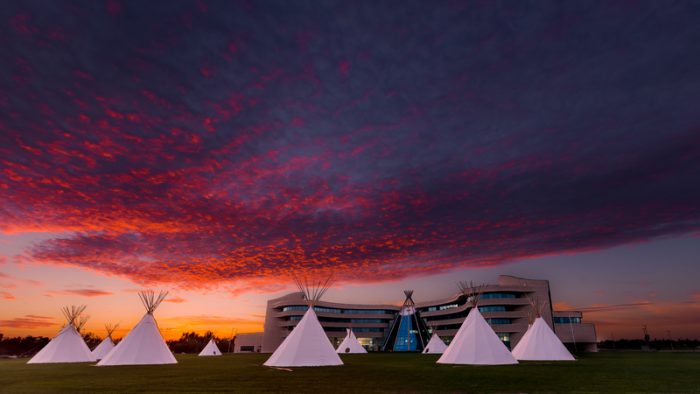 First Nations University in Saskatchewan is dedicated to teaching programs with an Indigenous perspective. June is a month for all Canadians to learn Indigenous history and culture. (ID 119893654 © Chris Hartman | Dreamstime.com)
First Nations University in Saskatchewan is dedicated to teaching programs with an Indigenous perspective. June is a month for all Canadians to learn Indigenous history and culture. (ID 119893654 © Chris Hartman | Dreamstime.com)
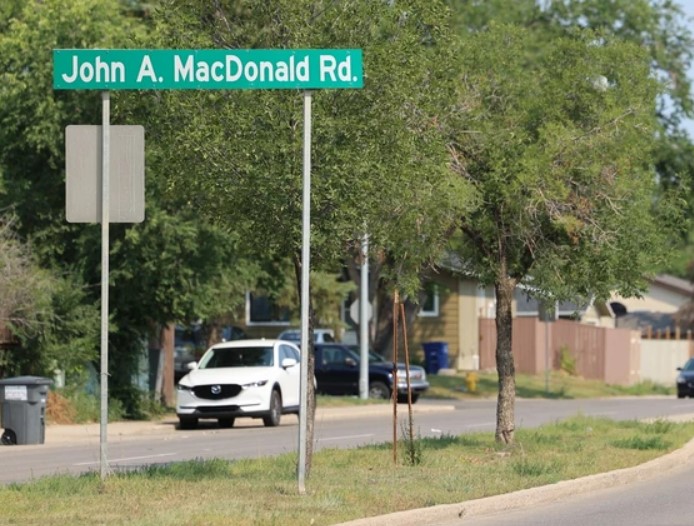
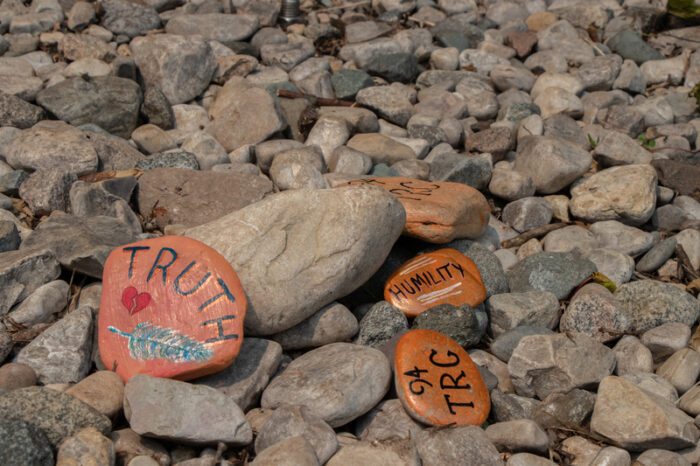
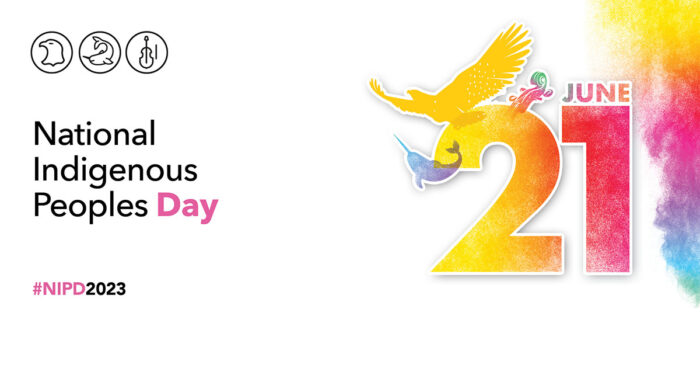
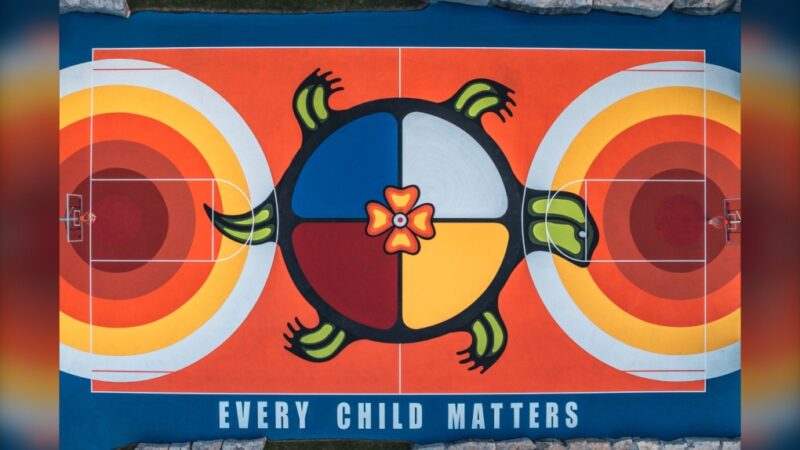
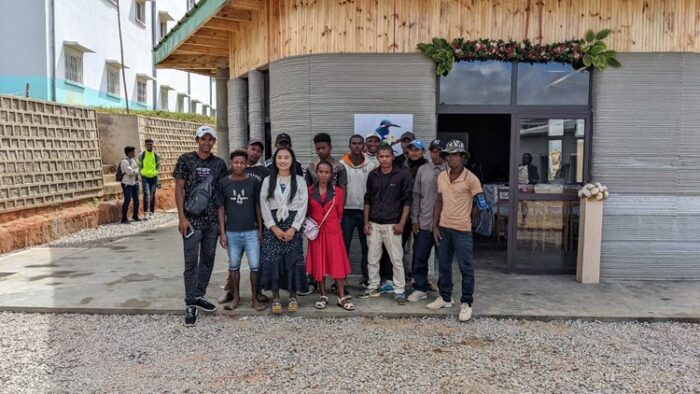
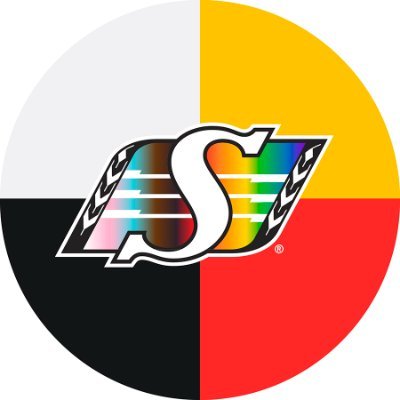

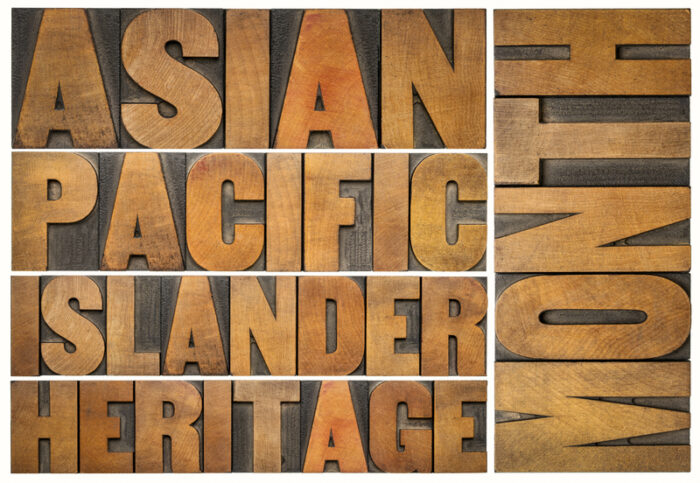

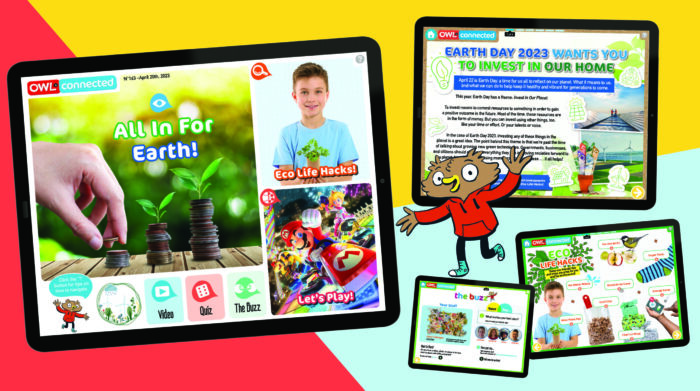
I heard about this recently, and it broke my heart. My family put out teddy bears and made signs, to show remembrance the the lost 215 kids( Who were as young as 3) in the residential schools. The residentials school stopped when my mom was 16, and they were a horrible place. Indigenous kids were taken from there families, to be forced into a school, where they had no choice but to do what everyone says.